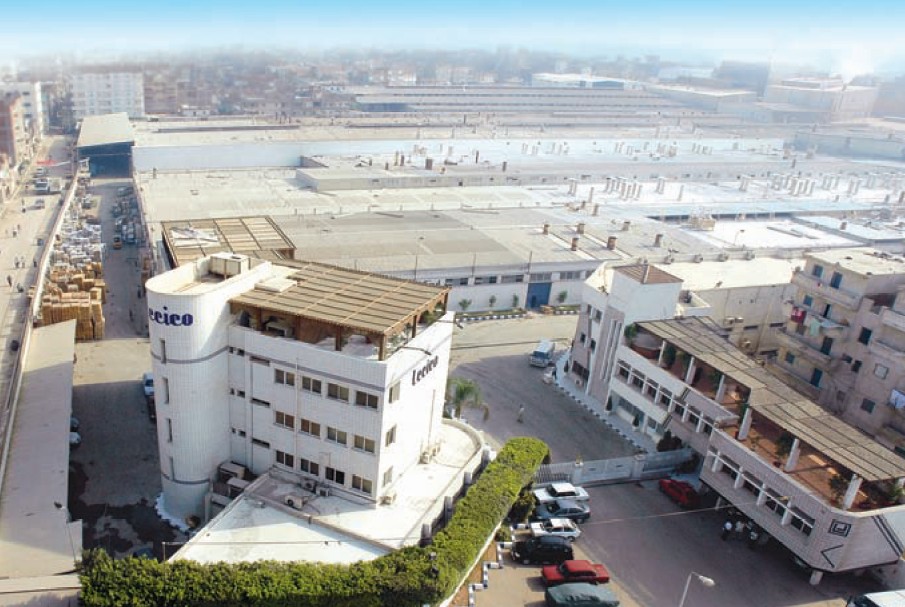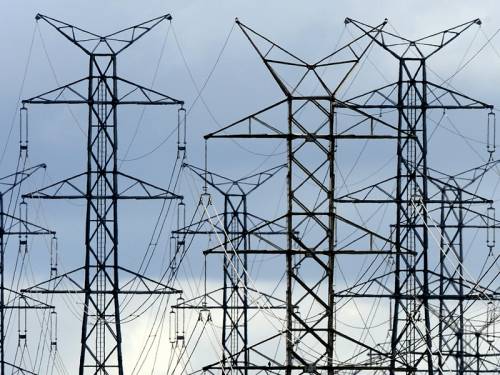Parliament’s Agriculture and Water Resources Committee has asked the government to raise the price of local wheat in the coming season to EGP 750, up from EGP 620 in the previous season, amid the high cost of production, including for fertiliser, petroleum fuels, and labor wages.
Head of that committee, Raef Tamraz, said that increasing the price of wheat would offset the losses suffered by the farmers, amid the high cost of agricultural requirements.
The area cultivated with wheat during the last season reached 3.135 million feddans, down by 269,206 feddans from 3.404 million feddans in the season before that.
Sharqeya governorate has the largest areas of cultivated wheat, at 378,492 feddans, followed by Beheira with 331,714, Minya with 263,206, Daqahleya with 233,826, Kafr El Sheikh with 220,952, Fayoum with 188,819, Assiut with 227,979, Sohag with 197,597, and finally the New Valley with 173,771, according to the Ministry of Agriculture.
World wheat prices increased slightly during November, with the price of a tonne going from $154.65 in October to $156.42 in November. These prices, however, are 19.1% lower than during the same period of last year.
Tamraz said that his committee will discuss increasing the price of sugar cane to EGP 1,000 per tonne and beet to EGP 700, in the meeting with Ministers of Supply and Agriculture.
Egypt produces about 4-5 million tonnes of wheat per year and imports 9-10 million tonnes to produce enough subsidised bread. Total consumption stands at 15 million tonnes annually, according to the Ministry of Supply.
Head of the Budget and Planning Committee of Parliament Yasser Omar said that increasing the price of agriculture crops in the current fiscal year will increase the burden on the budget.
He noted that this matter will be discussed with the government in the coming session, adding that the government understands that there is an increase in the cost of agricultural production.
Omar pointed out that fact-finding committees formed by the House of Representatives last year on fake wheat supplies has concluded its work, and import procedures have become tighter to prevent this from happening again.
He explained that the importing of wheat requires much of the already-rare hard cash, expressing hopes that Egypt can achieve self-sufficiency of wheat through expanding of cultivated areas or increasing the production rate per feddan.




